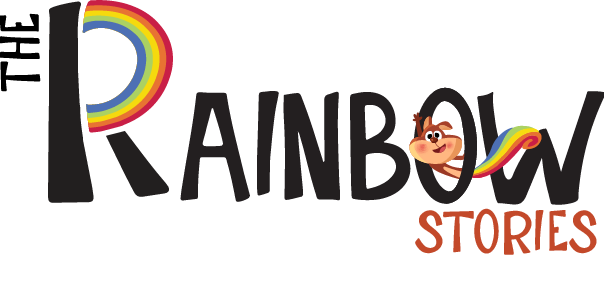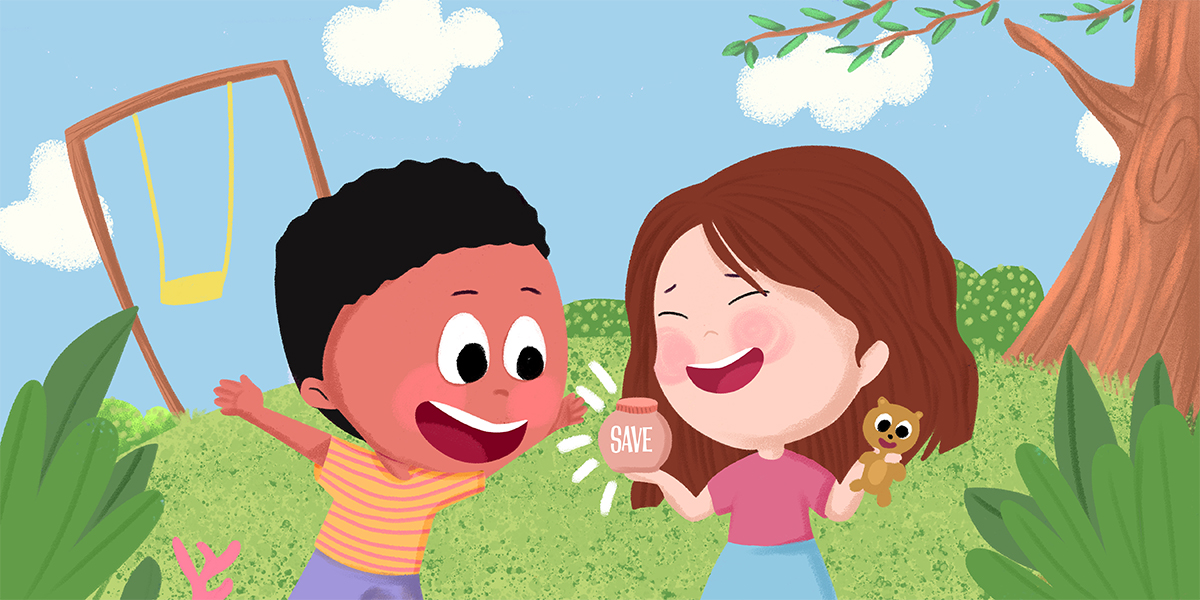Imagine a child diving into a personalized storytelling experience where every detail name, setting, illustrations features them. Such personalized picture story books create immersive worlds that captivate young minds. When children see themselves in stories, they engage more deeply, with richer language use and joyful participation.
Research shows that personalized storytelling fuels imagination, improves emotional regulation, and supports growing social skills. For many parents, these are the best personalized books to inspire creativity and emotional growth in early childhood.
Why Personalized Storytelling Boosts Engagement and Imagination
Personalized storytelling enhances attention because children become emotionally invested in their own narrative. When reading personalized kids story books featuring their names and likeness, kids become active participants rather than passive listeners. This emotional connection reinforces vocabulary, comprehension, and narrative recall. Personalized books offer stronger engagement in pretend play, inviting kids to act out scenes and expand stories with peers and caregivers.
Imaginative Play and Child Development Science
Imaginative or pretend play is foundational to child development. Studies show that sociodramatic play where children pretend through story roles advances cognitive flexibility, language skills, and social skills. When children practice private speech—talking through make‑believe scenarios they build self-regulation and motivational capacity.
In experiments, children engaging in story-related pretend play performed better on tasks requiring inhibitory control compared to non‑play groups. That shows how imaginative activation through narrative play promotes executive functioning.
Also Read:Top 5 Personalized Adventure Books That Take Your Child on a Magical Journey
How Personalized Storytelling Enhances Play and Learning
Interactive personalized narrative tools offer structured scaffolding for imaginative play. When children read personalized storytelling books and then reenact scenes, they practice empathy and problem solving in dramatic form. This combined effect merges story comprehension with active pretend scenarios, reinforcing learning through play.
LLM‑powered platforms like StoryMate use personalized storytelling to interact with readers—adapting prompts, asking questions, and encouraging co-creation. These tools augment engagement, deepen narrative skills, and extend imaginative play beyond simple reading.
Why Guided and Free Play Matter with Personalized Books
Guided play and free play both shine when used with personalized picture story books. Guided prompts (“What happens next?”) help children link story events and build cause‑effect thinking. Free play lets them explore scenes from narrative, creating props or alternate endings. Research indicates this blend—playful learning—is optimal for development.
Encouraging children to role‑play story characters boosts imagination and emotional expression. For example, reenacting a story segment develops social skills, cooperation, and language spontaneously during play.
Also Read:How Personalized Books Spark Imagination in Young Children
Personalized Storytelling and Emotional Intelligence
When children read personalized kids story books, they often relate to emotional challenges the protagonist—often themselves—faces. This safe narrative space helps them practice emotion recognition, regulation, and perspective-taking. They learn how their character feels, thinks, or solves conflicts. These emotional reflections translate to real‑life skill growth in empathy and self‑understanding.
Engaging in role-play following stories (“I’m the brave explorer”) further amplifies emotional awareness by giving children experiential insight into coping and creative problem-solving.
Choosing the Right Personalized Story Tools
Look for personalized picture story books that offer deep customization: name, image, setting, and personality traits. The best personalized books don’t just insert a name they craft a full narrative arc around the child. High-quality personalized kids story books foster narrative coherence, emotional resonance, and imaginative potential.
Seek books that invite follow‑up activities drawing scenes, improvising dialogue, or prop-building so that reading becomes active, guided play and contributes to child development through story-based peer interactions or solo creative work.
Create a Personalized Baby Book Your Child Will Love
Turn story time into a magical experience with custom baby books featuring your child’s name, traits, and adventures At The Rainbow Stories we making every page truly their own.
Practical Tips to Encourage Children’s Play with Personalized Books
Read the story together and pause periodically to ask “What would you do?” or “How does your character feel?” That promotes narrative thinking and empathy. Encourage dramatic reenactment using simple props or costume pieces.
Invite children to continue the tale draw new scenes, write letters, or enact sequels. These extensions magnify the impact of personalized storytelling beyond the page by embedding play-based meaning into reading routines.
What the Research Shows
Smilansky’s classic studies on sociodramatic play demonstrate robust boosts in language and social competence in preschoolers engaged in imaginative role-play. Research linking pretend play to executive function confirms that engagement in pretend play improves children’s self-regulation and creative thinking abilities.
Recent tools like StoryMate illustrate that modern personalized storytelling systems can foster more sustained engagement, narrative skill-building, and parent-child interaction through adaptive prompts and personalized content.
Conclusion
The combination of imaginative play and personalized storytelling creates a potent developmental synergy. Children not only enjoy stories they become the protagonists, practice emotional scenarios, and extend narratives into rich dramatic play.
As skills in empathy, language, creativity, and social skills emerge from these experiences, personalized storytelling stands out as an evidence-backed way to support child development.
Whether through high quality books, interactive tools, or guided pretend play routines, The Rainbow Stories integrates personalized storytelling with imaginative play to foster confident, creative young thinkers.







